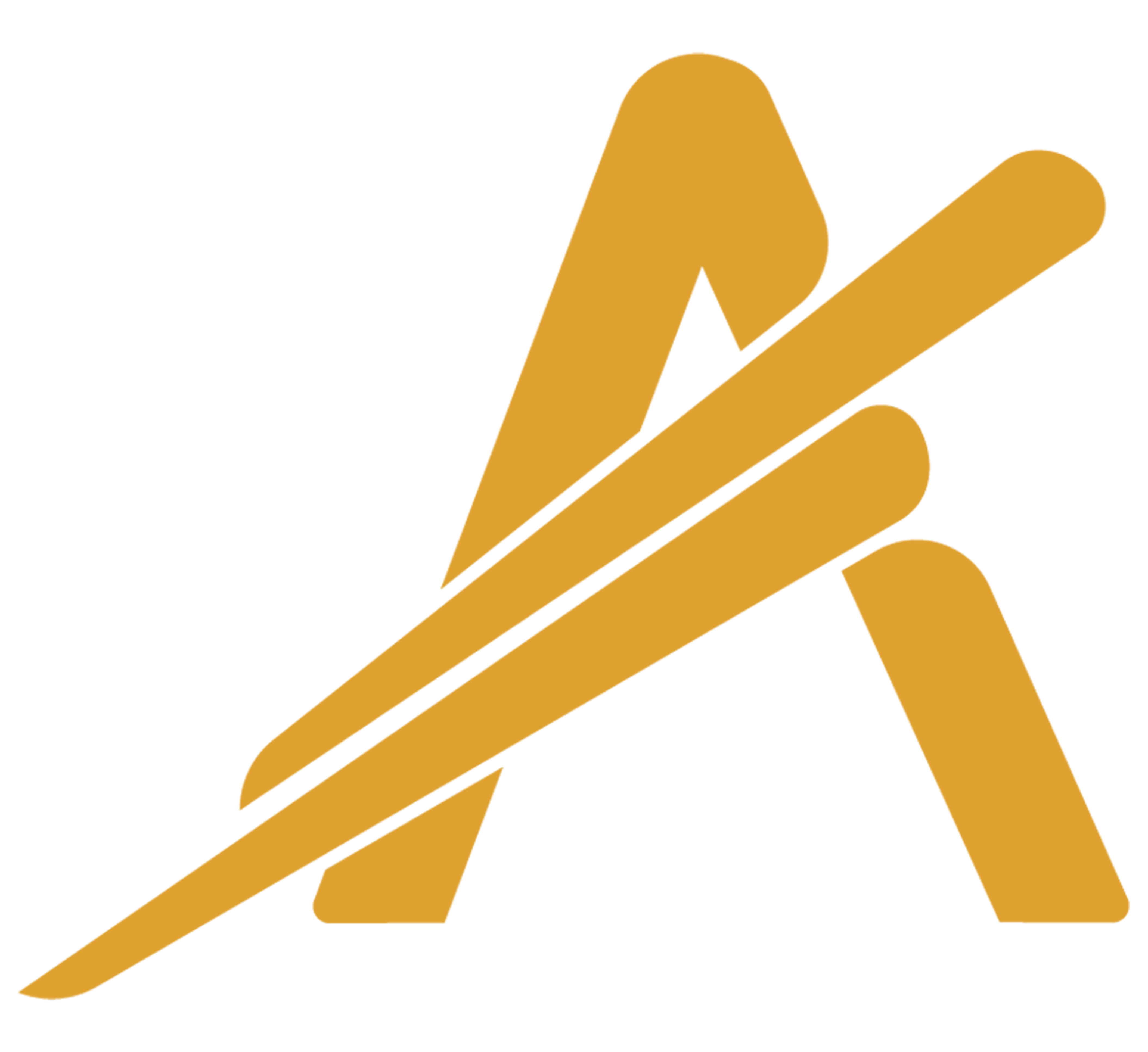Curiosity is far more than fleeting wonder—it is a fundamental cognitive driver rooted in how our brains respond to the unknown. Defined as intrinsic motivation to seek, explore, and understand unfamiliar information, curiosity activates powerful neurochemical pathways, particularly dopamine release, reinforcing exploration as a rewarding experience. Evolutionarily, this drive fueled human exploration, enabling survival through innovation and adaptation. Neurologically, novel stimuli trigger activation in the brain’s reward centers, encouraging repeated learning and problem-solving.
Why Curiosity Matters in Everyday Decisions
Curiosity acts as a powerful lens when making choices under uncertainty. Rather than relying solely on habit or instinct, curious minds seek broader perspectives, reducing decision fatigue by transforming routine choices into opportunities for growth. Psychological studies show that individuals high in curiosity tend to consider more diverse options, integrating complex information more effectively. For example, a 2021 meta-analysis in Journal of Behavioral Decision Making found that curious people exhibit greater cognitive flexibility, leading to adaptive and innovative solutions in uncertain scenarios.
- Curiosity enhances openness—linked to increased learning and adaptability across all life domains.
- It strengthens executive function networks through neuroplasticity, improving planning and self-regulation.
The Science of Choices Shaped by Curious Minds
Curious minds naturally reduce decision fatigue by engaging intrinsic motivation rather than draining willpower on trivial choices. Experimental evidence shows that when presented with options, curious individuals explore wider arrays of alternatives, often uncovering superior outcomes. A landmark 2019 study in Nature Human Behaviour demonstrated this through behavioral experiments where participants driven by curiosity evaluated 30% more variables before making decisions, resulting in better-informed choices.
“Curiosity turns passive exposure into active discovery—turning everyday decisions into learning moments.”
Real-World Examples: Curiosity in Everyday Choices
Curiosity shapes ordinary moments in profound ways. In consumer behavior, a simple spark—like a unique product label or peer recommendation—can ignite exploration beyond routine purchases, driving adoption of novel goods. Self-directed learning habits thrive on curiosity, where individuals pursue knowledge far beyond formal education, from online courses to hands-on experimentation. Socially, asking probing questions not only deepens understanding but also strengthens empathy, as curious minds navigate ambiguity with openness and respect.
- Consumers often choose unfamiliar brands after an unexpected interest, revealing curiosity’s influence on brand discovery.
- Daily learning through curiosity boosts cognitive resilience and creative problem-solving.
- Curious individuals ask questions that foster trust and connection in relationships.
| Behavior | Curiosity Impact |
|---|---|
| Exploring new products | Drives trial of unfamiliar items beyond habitual preferences |
| Lifelong learning | Encourages self-motivated skill acquisition and knowledge expansion |
| Deepening social bonds | Promotes inquisitive dialogue and mutual understanding |


